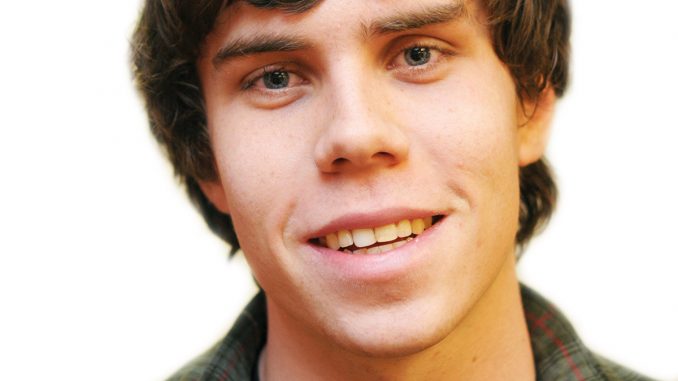
 The Supreme Court held opening oral arguments on the constitutionality of California’s Proposition 8 and the Federal Defense of Marriage Act on March 26. That day, a simple red and pink equal sign became ubiquitous as a profile picture in support of marriage equality.
The Supreme Court held opening oral arguments on the constitutionality of California’s Proposition 8 and the Federal Defense of Marriage Act on March 26. That day, a simple red and pink equal sign became ubiquitous as a profile picture in support of marriage equality.
It’s easy to be cynical about this social trend, to scoff and make jokes about the Justices consulting our Facebooks before coming to a decision. But in their negativity, the cynics ignore the fact that public awareness and perceptions of social normalcy undeniably affect human action.
Last fall, the Obama and Romney campaigns spent a combined $968 million on advertising alone. Of course, we all know that only an idiot would base his or her opinions and actions solely on what they see on a poster or in a commercial.
And yet, year after year and decade after decade, billions of dollars are spent advertising everything from deodorant to cereal, political candidates to social causes.
The logic is that there is inherent value in creating a positive social awareness of a commodity. Subconsciously, what we see in advertising forms the basis of what we support with our dollars, votes and effort.
A Facebook profile picture of an equal sign is, among other things, an advertisement for the cause. As it turns out, it’s the most effective kind.
According to a Nielson study asking what form of advertising people most trust, the No. 1 form was “the recommendation of a friend” at 90 percent. That is opposed to the 62 percent who place some degree of trust in paid television advertisements and 69 percent who put some degree of trust in independent news editorials.
And yes, that means that your Facebook recommendations are probably more effective at swaying public opinion than this column could ever hope to be.
Advertising works primarily by affecting an individual’s subconscious, but the second effect that social media advocacy has comes on the level of the general social environment from which our opinions and actions spring.
In Solomon Asch’s famous psychological experiment, a single test subject was placed in a room along with four to six actors. An obvious and simple question was given, for which the actors gave agreeing incorrect answers. When the true test subject was finally reached, the incorrect answer was given 32 percent of the time.
What that experiment demonstrates is human opinions are very much shaped by what we perceive to be the dominant opinion of those around us. A person may not believe too strongly one way or the other, or a person may be self-doubting in nature, and so he or she will merely go along with what everyone else is perceived to believe.
The use of social media advocacy helps ensure two things: that those who would naturally be receptive to the cause of gay rights are not swayed by social fear – as Asch’s experiment shows we are so apt to do – and that those who may be undecided or moderately opposed to marriage equality do not have a sense of social dominance under which their opinions may strengthen and proliferate. In some cases, it may even change some of those opinions.
This is not mere speculation. According to a 2012 Pew Research study, 16 percent of social network users reported having changed their opinion on at least one political issue after discussing it or reading posts about it on a social network site. And to those who would argue that social media advocacy fosters a passive abdication of our real world civic responsibilities, the same poll found that 25 percent of social network users reported becoming more active in a political issue after reading about it on a social network site.
The easiest way to attack social media advocacy is to attack the considerable percentage of people who do nothing further to affect social change. That is a valid criticism of fair-weather activists. But the fact remains that if it weren’t for social media advocacy those people would in all likelihood be doing nothing at all. No one is arguing that social media advocacy is a victory in itself, but it plays a part in the vital first step of spreading public awareness.
Charlie Ries can be reached at charlie.ries@temple.edu.



Be the first to comment